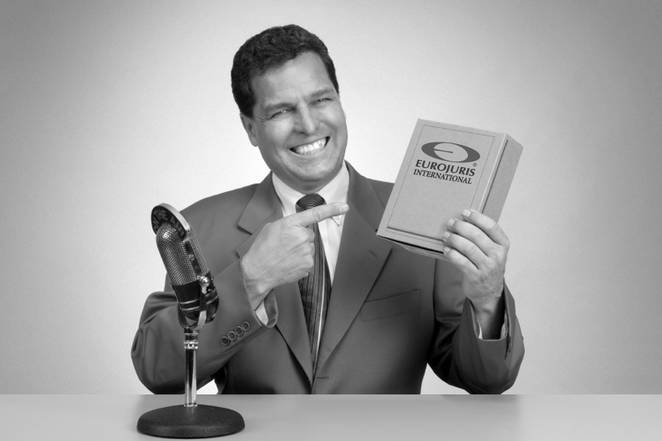Have you ever dreamed of relocating to the exotic and magical land of India? If yes, beware, because lawyers there face a strict rule: no advertising!
As surprising as it seems, the Bar Council of India maintains a ban on any form of advertisement for lawyers. Our EJ correspondent in India, Dinesh Singh, explains: “This rule completely disallows the advocate from using any means to inform the client of his very existence. The ban includes visiting cards, directory listings and seminar and felicitation ceremonies, too.” According to Dinesh, even sign plates must be of “a moderate size”.
Where do these strict limits come from? They date from Victorian-era rules of British Common Law. “The conception of law as a ‘noble profession’ rather than service has resulted in the formulation of such a restraint. This law justifies itself under the garb of public policy and ‘dignity of profession’. Allowing the advocates to advertise would not only pave way to potentially misleading the public, but also might ‘degrade the dignity’ of the honorable profession.” A position made clear in several court decisions, such as this quote from the Madras High Court: “The gentlemen of the profession have jealously developed a setup for themselves as befitting the honour, dignity and high position of a noble profession, and this is rightly regarded as a kind of misconduct from the point of view of professional ethics. In this matter, the profession cannot be judged in the same way as a trade or the rest of the public.” A prominent Indian judge, Justice Krishna Iger, went as far as saying that advertising would “vulgarise the legal profession”.
However well intended and honourable these principles may be, they are not without problems. “In India”, explains Dinesh, “the legal profession works more by oral referrals than by any standardised criteria for grading lawyers. The majority of clients are, therefore, at the mercy of a 'friend of a friend' system.” Dinesh says the advantages of allowing lawyers to advertise includes better information for clients about the merits of lawyers, and preventing a “monopoly of the legal market”. On the other hand, he also acknowledges the risk of advertising misuse by unscrupulous lawyers: “it is hard to say for sure that the public would definitely not be swayed by the graphics or the punch lines of advertisements, and base their decision on flimsy ground. Public awareness of lawyers via advertisements will always be run with the risk of misguiding them instead.”
According to Dinesh, the answer might lie in regulated advertising: “Advertising per se ought not to be barred. It could be permitted as long as the 'advertising' is not just gratuitous, and promotes legal awareness and gives the litigants an opportunity to evaluate the caliber of their potential counsel,” he says. Ironically, the UK, from whom the Indian ban on advertising comes from, now allows lawyers to advertise as long as it does not “bring the profession to shame”.
Recently, however, the Bar Council of India cracked the door open for some advertising: in 2008, it allowed lawyers to advertise online. So perhaps it will start on the Internet and spread across the sub-continent...
Are you interested in this debate? Are you for or against the advertisement of legal services? Please tell us your opinion and write to journalist@eurojuris.net


